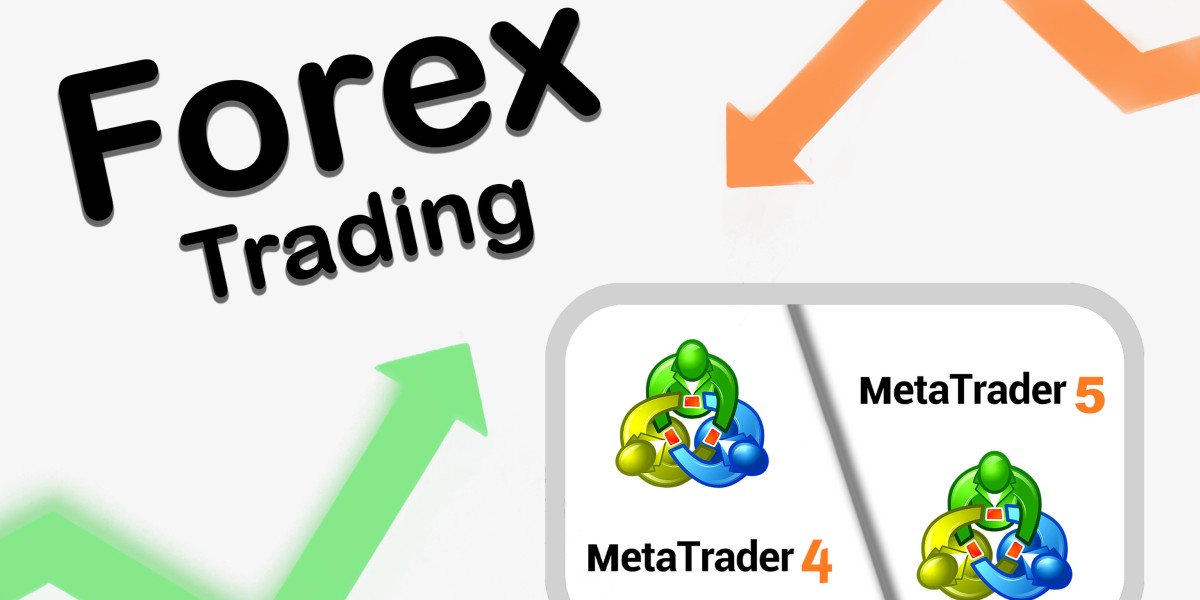Financial trading is an intricate and dynamic field that involves buying and selling financial instruments to profit from market fluctuations. This guide aims to provide an in-depth understanding of financial trading, including its types, strategies, tools, and the skills needed to succeed.
Financial trading is the process of buying and selling financial assets such as stocks, bonds, commodities, currencies, and derivatives. Traders aim to profit from the price movements of these assets. The financial markets operate on a global scale, with trillions of dollars traded daily across different markets.
Types of Financial Markets:
Understanding the various financial markets is crucial for traders, as each market offers unique opportunities and challenges. Here are the primary types of financial markets:
Stock Market:
Where shares of publicly traded companies are bought and sold.
- Overview: The stock market is a platform where investors can buy and sell ownership stakes in publicly traded companies, known as stocks or equities. When you purchase a stock, you are buying a share of the company's profits and assets.
- Major Exchanges: The most well-known stock exchanges include the New York Stock Exchange (NYSE) and Nasdaq in the United States, the London Stock Exchange (LSE) in the UK, and the Tokyo Stock Exchange (TSE) in Japan.
- Market Participants: Includes individual investors, institutional investors (such as mutual funds and pension funds), and market makers who facilitate trading by providing liquidity.
- Trading Hours: Stock markets typically operate during specific hours on weekdays. For example, the NYSE and Nasdaq are open from 9:30 AM to 4:00 PM Eastern Time.
Forex Market:
The foreign exchange market, where currencies are traded.
- Overview: The Forex (foreign exchange) market is the largest and most liquid financial market in the world, with a daily trading volume exceeding $6 trillion. It operates 24 hours a day, five days a week, due to the global nature of currency trading.
- Major Currency Pairs: Includes pairs like EUR/USD (Euro/US Dollar), USD/JPY (US Dollar/Japanese Yen), and GBP/USD (British Pound/US Dollar).
- Market Participants: Includes banks, financial institutions, corporations, governments, and individual traders. Central banks also play a crucial role in the forex market by implementing monetary policies.
- Trading Hours: The Forex market operates continuously through a network of banks, corporations, and individual traders, with major trading centers in London, New York, Tokyo, and Sydney.
Commodities Market:
Involves trading raw materials like gold, silver, oil, and agricultural products.
- Overview: The commodities market deals with primary goods and raw materials. Commodities are traded on exchanges like the Chicago Mercantile Exchange (CME) and the New York Mercantile Exchange (NYMEX).
- Types of Commodities:
- Hard Commodities: Natural resources like gold, silver, oil, and copper.
- Soft Commodities: Agricultural products like wheat, coffee, sugar, and cotton.
- Market Participants: Includes producers (farmers, mining companies), consumers (manufacturers, food companies), and speculators who trade commodities for profit.
- Trading Instruments: Commodities can be traded through futures contracts, options, and exchange-traded funds (ETFs).
Bond Market:
Where debt securities are issued and traded.
- Overview: The bond market is where participants can buy and sell debt securities, typically issued by governments, municipalities, and corporations to raise capital.
- Types of Bonds:
- Government Bonds: Issued by national governments (e.g., US Treasury bonds).
- Municipal Bonds: Issued by states, cities, or other local government entities.
- Corporate Bonds: Issued by companies to finance their operations.
- Market Participants: Includes institutional investors, governments, corporations, and individual investors.
- Trading Platforms: Bonds can be traded over-the-counter (OTC) or on formal exchanges like the New York Stock Exchange (NYSE) Bonds.
Derivatives Market:
Includes futures, options, and other financial contracts whose value is derived from underlying assets.
- Overview: The derivatives market involves financial instruments whose value is linked to the price of an underlying asset, such as stocks, bonds, commodities, or currencies.
- Types of Derivatives:
- Futures Contracts: Agreements to buy or sell an asset at a future date for a specified price.
- Options Contracts: Contracts that give the holder the right, but not the obligation, to buy or sell an asset at a predetermined price.
- Swaps: Contracts to exchange cash flows or other financial instruments between parties.
- Market Participants: Includes hedgers (seeking to manage risk), speculators (seeking profit), arbitrageurs (seeking price discrepancies), and institutional investors.
- Exchanges: Major derivatives exchanges include the Chicago Mercantile Exchange (CME) and the Intercontinental Exchange (ICE).
Cryptocurrency Market:
A relatively new market where digital currencies like Bitcoin and Ethereum are traded.
- Overview: The cryptocurrency market is a digital or virtual market where cryptocurrencies are traded. These currencies use cryptographic techniques for secure transactions and operate on decentralized networks based on blockchain technology.
- Major Cryptocurrencies: Includes Bitcoin (BTC), Ethereum (ETH), Ripple (XRP), Litecoin (LTC), and many others.
- Market Participants: Includes individual investors, institutional investors, miners (who validate and secure transactions), and developers.
- Exchanges: Cryptocurrencies are traded on specialized exchanges such as Coinbase, Binance, Kraken, and Bitfinex.
- Trading Hours: The cryptocurrency market operates 24/7, offering continuous trading opportunities.
Each financial market offers unique opportunities and requires different strategies and tools for success. Whether you are trading stocks, forex, commodities, bonds, derivatives, or cryptocurrencies, understanding the nuances of each market is essential. Top of Form
Trading Strategies:
Successful trading often hinges on well-developed strategies. Here are some common ones:
- Day Trading: Buying and selling financial instruments within the same trading day. Day traders capitalize on small price movements and use high leverage.
- Swing Trading: Holding positions for several days to weeks to profit from expected price moves.
- Scalping: Making numerous trades in a day to profit from small price changes.
- Position Trading: Holding positions for longer periods (months or years) based on long-term trends.
- Algorithmic Trading: Using computer algorithms to execute trades based on predefined criteria.
- Fundamental Analysis: Evaluating an asset's intrinsic value based on economic indicators, financial statements, and other fundamental data.
- Technical Analysis: Using charts and statistical indicators to predict future price movements based on historical price patterns.
Conclusion:
Financial trading offers significant opportunities but comes with substantial risks. Success in trading requires a deep understanding of the markets, a well-defined trading strategy, effective use of tools and platforms, rigorous risk management, and strong psychological resilience. Whether you are a novice or an experienced trader, continuous learning and adaptability are key to thriving in the ever-evolving world of financial trading.


